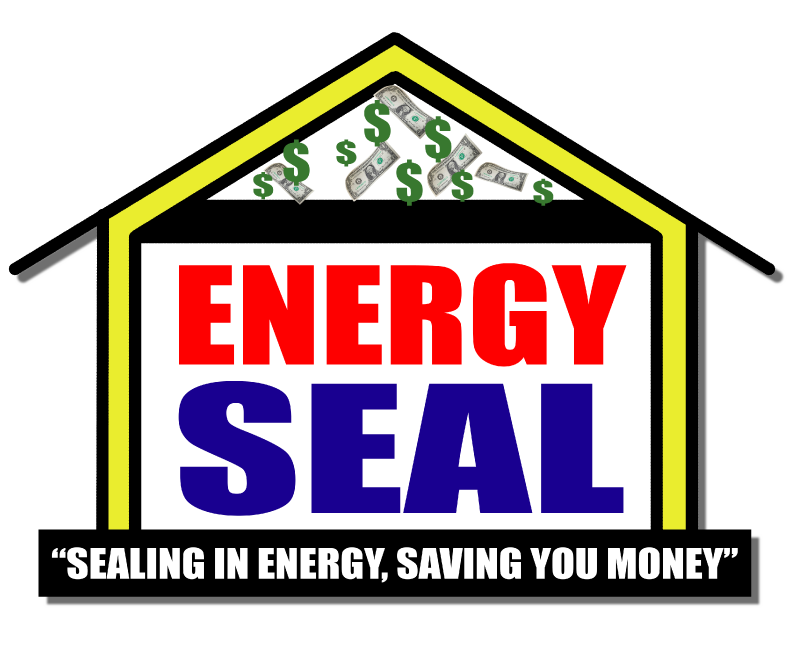SPRAY FOAM INSULATION FAQS
What is Spray Foam Insulation?
Spray-applied polyurethane foam insulation systems are designed for residential, commercial and industrial building applications. The liquid polyurethane is sprayed onto surfaces and immediately expands to form an airtight insulation barrier. Energy Seal® Spray Foam offers both open (Weatherlock) and closed cell (Structureseal) insulation depending upon your personal needs and budget.
What is the difference between closed cell and open cell foam?
We offer both open (Weatherlock) and closed cell (Structureseal) spray-applied insulation systems. Open cell foams are softer, more flexible, and more diffusible than closed cell foams. Open cell foams are excellent air barriers and are highly recommended for sound attenuation. Open cell foams are less expensive than closed cell foams due to their light densities. Closed cell foams are superior insulators and vapor barriers. Due to the light weight to strength ratio of closed cell foams, structural integrity of the building is increased. Closed cell foams exhibit higher insulation properties and greater compression strength than open cell foams.
Why choose Energy Seal® Spray Foam?
Our foam insulation installations are environmentally sound, technologically advanced spray polyurethane foams (SPFs) that create an airtight insulation barrier. The superior insulation systems conserve energy, block moisture, reduce noise, and limit the influx of outdoor pollutants and allergens. It is energy smart insulation making your indoor living environment healthier, more comfortable, more energy efficient and more affordable.
Why is insulation important?
Insulation resists the flow of heat, keeping your home or work place cooler in the summer and warmer in the winter. A properly insulated building means that less money is spent on initial HVAC equipment costs, and more money is saved in the long run as your HVAC equipment does not work as hard to maintain a comfortable temperature. As energy costs continue to rise, Energy Seal® Spray Foam Insulation is one of the best investments you can make for your home or business.
Contact Energy Seal today for more information regarding our spray foam insulation services and learn how you can save money on heating and cooling bills immediately!
What areas should be insulated?
Ceilings, walls, attics, floors, and around doors, windows, electrical outlets and lighting fixtures are all areas that should be insulated as they allow for the infiltration and exfiltration of air.
What is R-value?
R-value is the measurement of thermal resistance or the resistance to heat flow. Higher R-value means more insulation efficiency, but "air tightness" is just as important when choosing an insulation product.
What is the initial R-value of spray foam insulation?
The R value of open cell is 3.4. The R value of closed cell is 6.8.
Is R-value the most important factor to consider when choosing an insulation product?
While R-value is an important insulation factor, there are other principles to consider when determining insulation efficiency. The more insulation you install, how and where you install the insulation, and the form of insulation you choose all impact the effectiveness of the thermal envelope. While traditional insulation products may offer products with high R-values, only a spray applied polyurethane foam offers the air tightness necessary for superior insulation.
Is Spray foam mold and mildew resistant?
Our insulation products do not sustain fungal or bacterial growth. It repels water and creates an air tight barrier that drastically reduces moisture related problems in your home or work place.

Get a Free Quote
We specialize with installing spray foam in all residential, commercial & industrial applications. Call 888-306-3626
